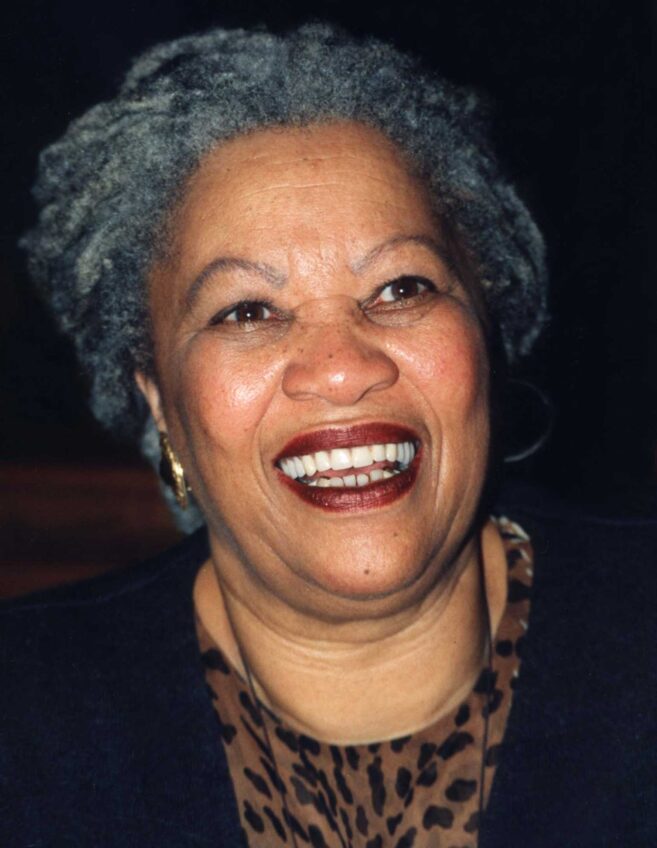“No physician is racist.” The storm hit the instant those words were uttered in the Journal of American Medical Association’s podcast in February. The Journal is the bible of the American Medical Association, and thus the bible for doctors and medical professionals everywhere.
So, no surprise those words would hit like a force ten gale. The Association scrambled and announced that the editor and the doctor responsible for the podcast resigned. However, it took three months, and there was no indication that the words, let alone the sentiment, behind the declaration was totally repudiated. But in truth, why would it be?
Systemic racism has been debated so often that it has almost become synonymous with lousy health care for Blacks and Hispanics. The infamous Tuskegee experiment is almost always cited to make the case that Blacks routinely get the shaft from doctors. That ghastly experiment made Guinea pigs out of dozens of unsuspecting poor Black males who were infected with syphilis. They were deliberately allowed to suffer and die for four decades from the 1930s on with the knowing consent of the U.S. Public Health Service and without treatment.
The charge of a medical double standard reared its head in the debate over the passage of the Affordable Care Act. Countless surveys and studies were cited to show that African Americans are less likely than other groups to have comprehensive care and treatment for every major medical malady. The stats on chronic medical neglect have piled up over time.
Blacks still make up a wildly disproportionate number of the estimated 50 million Americans with absolutely no access to affordable or any health care. The majority of Black uninsured are far more likely than the one in four whites who are uninsured to experience problems getting treatment at a hospital or clinic. According to a study by the Joint Center for Political and Economic Studies, Blacks are far more likely than whites to suffer higher rates of catastrophic illness and disease and are much less likely to obtain basic drugs, tests, preventive screenings and surgeries. They are more likely to recover slower from illness and to die much younger.
The medical racial double standard issue exploded again when the first reports came in that COVID-19 was a new, aggressive and especially lethal viral infection. Questions arose: Will this pose an even greater health menace to African Americans? Will Blacks have ready access to screening and testing? Will the treatment care and facilities be readily available in poor and underserved Black communities? Will medications and a vaccine be readily available in the same communities? The answers weren’t forthcoming, in part because public health officials were still in uncharted territory with the virus, but in greater part because of the still-gaping disparities in health care for Blacks.
The question that the ill-fated February JAMA podcast raised is how much of this can be attributed to the attitudes of those who turn the wheels in the medical profession, namely doctors. The picture isn’t pretty or comforting. Several studies have examined implicit and blatant racial biases of doctors in treating Blacks with severe maladies versus treating whites. Studies confirmed that many Blacks at high medical risk were far more likely to die from the illness than whites, even after adjusting for age, sex, insurance, education and disease severity.
This doesn’t prove that many doctors are racist or that racism seeps into their treatment or non-treatment of Blacks and Hispanics. This would be much too broad a brushstroke. Many doctors are dedicated professionals and make it their mission to provide quality unbiased care and treatment to all their patients.
A better question is: Is the real culprit the chronic lack of affordable health care for minorities and the paucity and gross underfunding of public health clinics and other testing and treatment facilities in poor and minority communities? There is plenty of evidence to support that. Another question: Has the real and perceived abuse and racial disparities in the health care system made many Blacks distrustful and wary of the medical system? There is plenty of evidence to support that too.
The JAMA podcast and the flame it ignited is yet another opportunity to tackle a long-standing demand to ensure that health care and treatment are equitable, affordable and as accessible for poor African Americans and Hispanics as for whites. Then it might be said that “no physician is racist.”
Earl Ofari Hutchinson is an author and political analyst.






